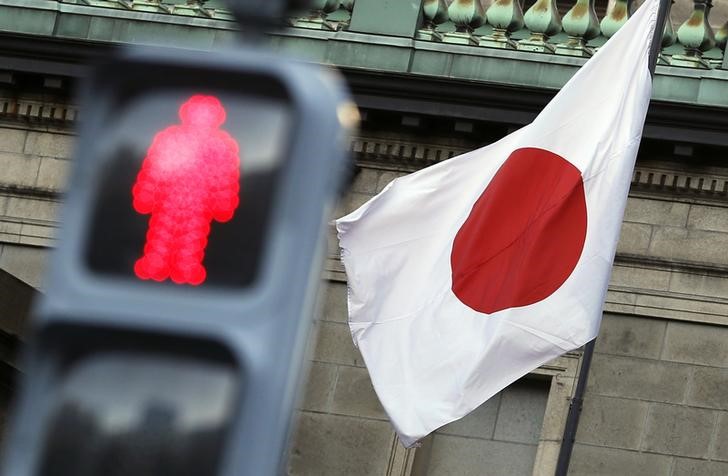Investing.com-- Japanese core consumer price index inflation grew as expected in July, but a drop in underlying inflation- to levels below the Bank of Japan’s target- raised doubts over the central bank’s hawkish outlook.
Core CPI, which excludes volatile fresh food prices, grew 2.7% annually in July, government data showed on Friday. The reading was in line with expectations and picked up from the 2.6% seen in the prior month.
A core CPI reading that excludes both fresh food and energy costs, and is used as a key gauge of underlying inflation by the BOJ, fell to 1.9% in July from 2.2% in the prior month. The reading was back below the BOJ’s 2% annual target, and was also at its weakest level since September 2022.
Headline CPI inflation rose 2.8% in July.
Friday’s reading comes as consumer spending perked up over the past month, aided chiefly by increased wages as bumper wage hikes won by Japanese unions earlier this year began to spill over across the country.
Stronger inflation gives the BOJ more headroom to keep raising interest rates, after the central bank warned that it will likely do so in the coming months, amid signs of improving wage growth and consumer spending.
Improved wages also helped the Japanese economy grow more than expected in the June quarter, as private consumption picked up.
But weak underlying inflation suggests that a recent increase in inflation was in some part driven by higher food and fuel costs, and that discretionary spending still remained relatively weak. The reading cast some doubts over just how much headroom the BOJ has to keep raising interest rates, after a 15 basis point hike in end-July.
